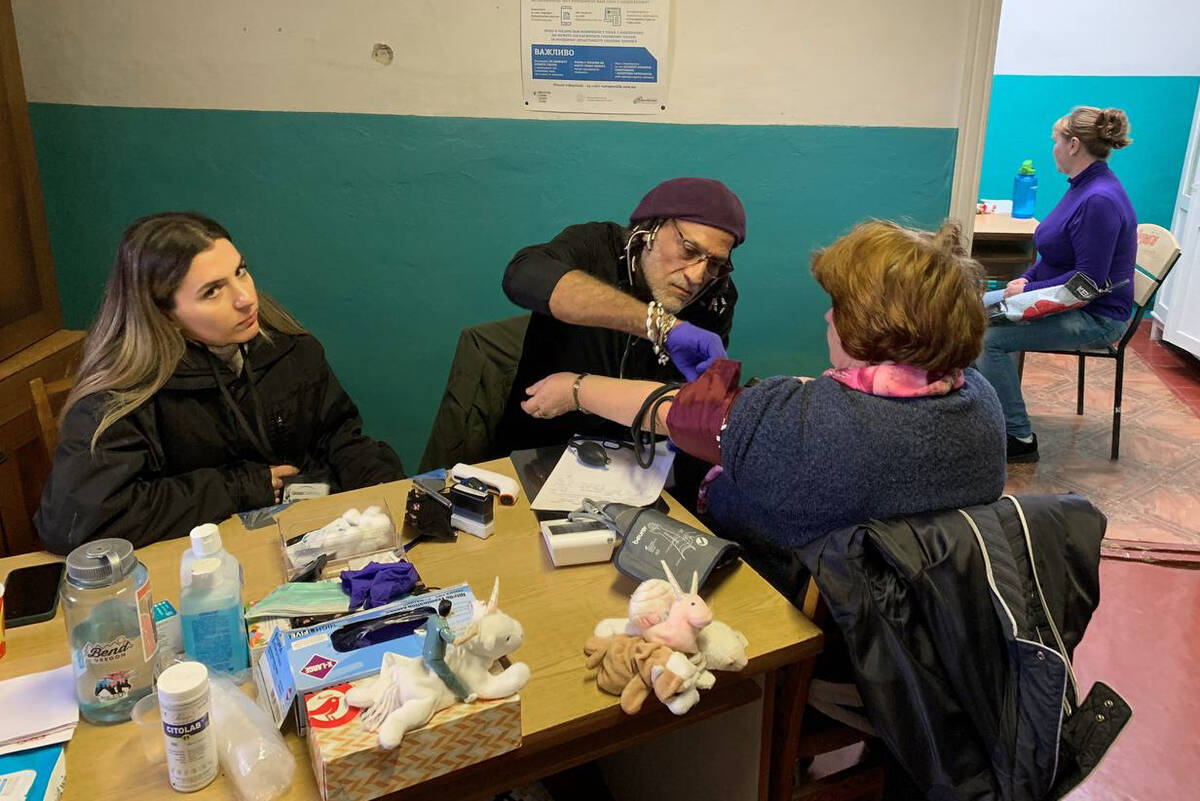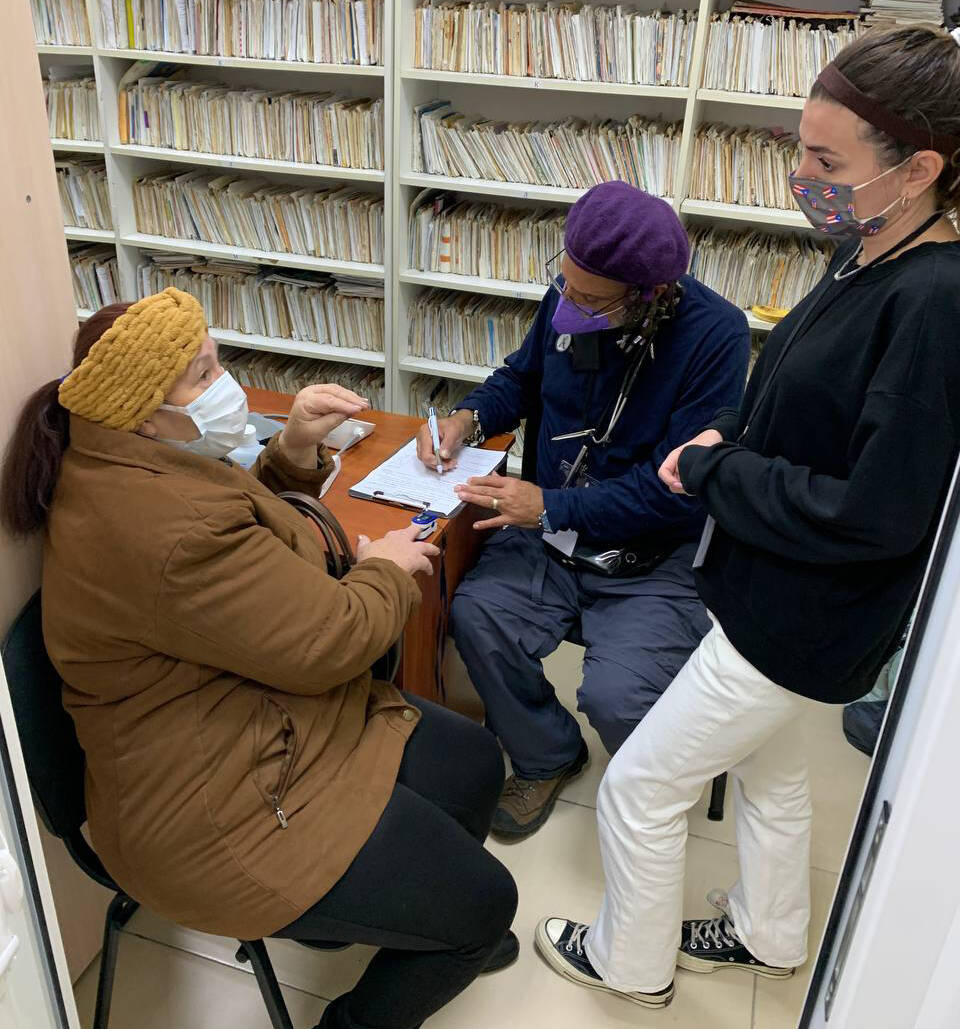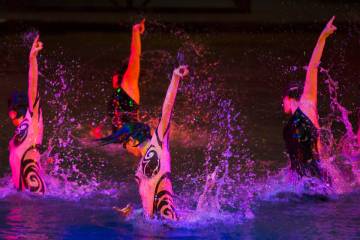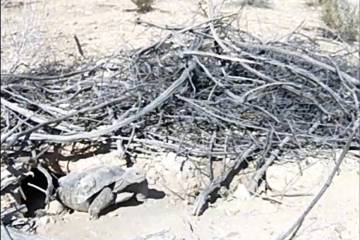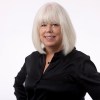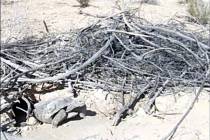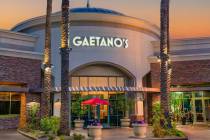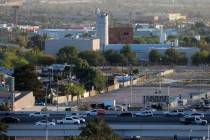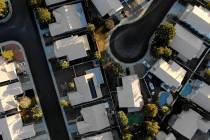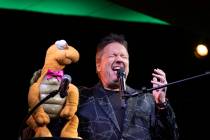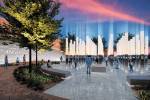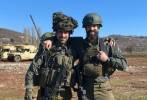Las Vegas nurse: Ukraine life normal until air raid sirens sound
It is Monday evening in the city of Odesa, Ukraine, and Las Vegan Eduardo Resto is video chatting with a reporter from a “ribs joint” where he’s about to eat dinner.
It’s his last meal with a team of medical volunteers that has been treating Ukrainians for chronic ailments and the occasional emergency, filling in the gaps left by the doctors and nurses who’ve gone to the front lines of the war with Russia.
Resto, a retired registered nurse, marvels at how normal life feels in Odesa until he hears the air raid sirens – and the stories of locals.
The neighborhood where he’s dining reminds Resto, who’s from the Bronx, of Greenwich Village in all its vibrancy.
“Life goes on, there’s a positivity,” said Resto, 68, who was ending a two-week stint on a mobile medical team deployed by Kansas-based nonprofit Global Care Force.
“These people are not thinking about the past. They’re thinking about winning, and being Ukrainian.”
When an air raid siren sounds, businesses will close and some people will find shelter in basements, he said. Others will just keep going about their business.
Odesa fought back Russian troops, he said, and a line of destroyed Russian tanks remains as a reminder. Unlike the volunteer medics that served before him, he hasn’t heard explosions or gunfire. The air defense system fends off some attacks, and others may be too far away. But there remains a constant fear of air and drone attacks.
He has seen more damage to buildings in other parts of the country, including near the border with Belarus, he said. The medical team primarily has been serving patients in rural areas.
It has treated many people for chronic conditions such as hypertension and diabetes. Patients have gone without medication due to shortages or inability to get to a clinic. The team doesn’t treat trauma patients, and has sent those patients with an emergency, including a woman who had a heart attack, to the nearest hospital, he said.
Most of the patients are children or elderly. “The young women are fighting, the young men are fighting,” he said. “These people are serious about keeping their country.”
Some of the patients have post-traumatic stress disorder.
“What they say is their son died or their husband was killed. And some of them are refugees,” he said. “These people are beating the Russians, but they’re also dying doing it.”
This is Resto’s fourth volunteer medical mission. His first was in Elko in Northern Nevada, after the state nursing board made a plea for volunteers early in the pandemic. He also volunteered in Cuba and to assist Ukrainian refugees in Warsaw, Poland.
With danger lurking, “in the back of your mind, you’re saying, ‘Do I really want to be here?’” he said. “ And then, you know, you get a hold of yourself. And you say, ‘Yes, I do want to be here, because there’s a reason to be here.’”
The reason? “It makes me feel like I did something,” he said. “The Ukrainian people are really suffering. And so, if I could help one little bit, then why not?
Resto had wanted to be a combat medic in the Army during the Vietnam War. Instead, he repaired communications-scrambling equipment. After working as a chef on the Strip, he went back to school at age 50 to become an RN.
He hopes to return to Odesa with his wife one day, when he believes life will have truly returned to normal, to scuba dive in the Black Sea.
He would like to serve as a medic on the front lines, but believes he’s now too old. Still, “My heart is telling me to go for it.”
Contact Mary Hynes at mhynes@reviewjournal.com or 702-383-0336. Follow @MaryHynes1 on Twitter.



